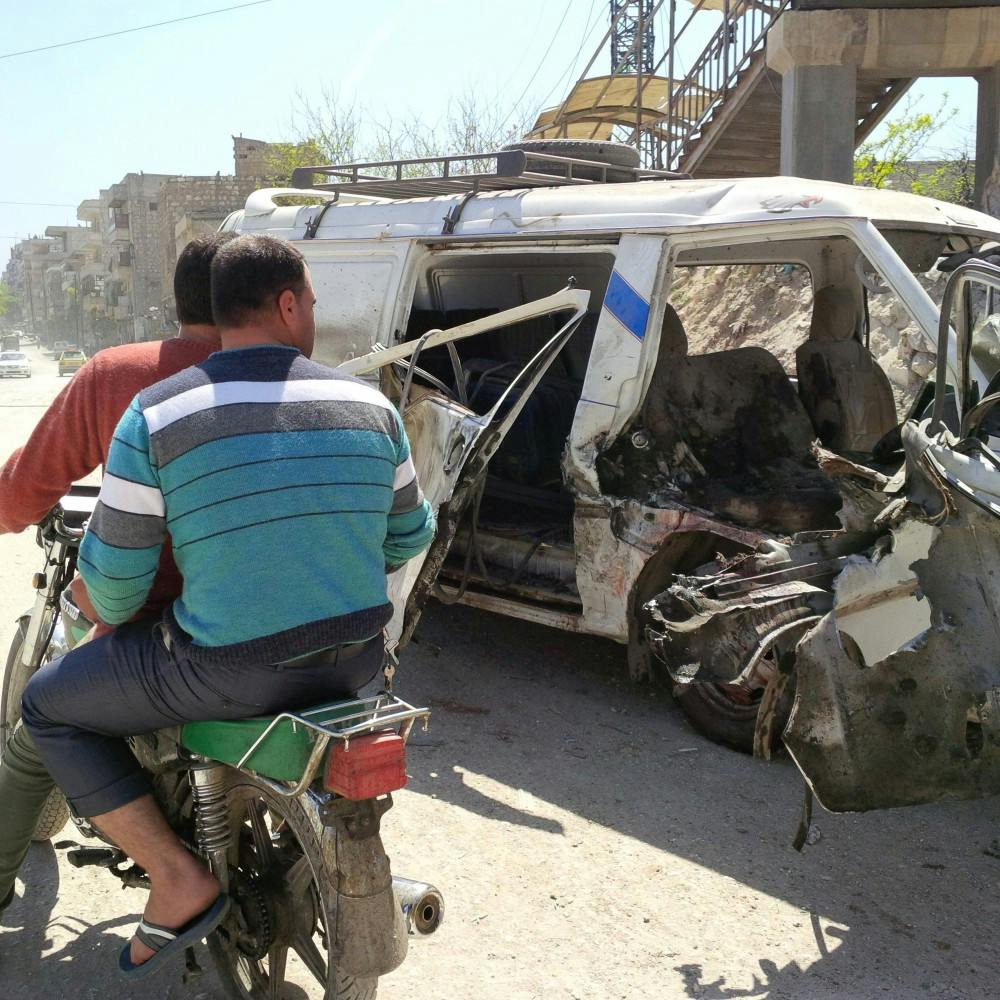As we sat down and inhaled mass amounts of turkey, stuffing and mashed potatoes Thursday, an American sailor was trying to dismantle a remote-controlled bomb in northern Syria.
The highly decorated Senior Chief Petty Officer Scott Dayton did not succeed. The 42-year-old is the first American service member to die in the war in Syria.
As an Editorial Board composed of college students with little experience in foreign affairs, broaching this subject is difficult.
This war is a messy conglomeration of airstrikes, rocket units, drones, bombing targets, and warplanes. It’s not easy to decipher who is fighting for what or against whom. Innumerable people have died, are dying and will continue to die. Getting involved in any capacity means our own people are going to die alongside those they are fighting for and against.
These are human beings like us who are being crushed under the weight of a long series of problems that have no effective ethical solution.
With that in mind, the Editorial Board not only stands in solidarity with those that were close with Senior Chief Petty Officer Dayton but with humanity as a whole.
Senior Chief Petty Officer Dayton’s death is clearly indicative of U.S. forces being involved in operations against the Islamic State. Having boots on the ground brings the very real and potent possibility of casualties.
When we consider how long Syria has been in turmoil, this death can’t come as a large surprise. Although we want to rid the world from the forces of the Islamic State group, we need to acknowledge just how hard it is to fight against individuals with such a perverse moral code.
It’s time to consider the gravity of the situation. The Islamic State operates on a warped sense of reality and disregards humanity with reckless abandon. Should we put Americans in harm’s way, or should we outsource military intelligence and step away from physical combat? Continued involvement in the Syrian Civil War opens the door for more heart-rending stories like that of Senior Chief Petty Officer Dayton. As a nation in a period of great transition, we must reassess our activities in Syria and consider whether or not it’s best to continue pursuing them.
As much as we support the veneration for Senior Chief Petty Officer Dayton and his service, we should also recognize the 119 civilians the U.S. has killed in Syria and Iraq since 2014. In a war so characterized by its savage inhumanity, we often forget to consider the plight of the victims whose names sound unlike ours. When tragedy strikes closer to home, as it did Thanksgiving, we’re painfully reminded of the harsh realities of these guerrilla conflicts.
We urge readers, policy-makers and pundits alike to consider the ballooning count of casualties in the Syrian war as more than an arbitrary statistic. Considering the war through a more human lens may be the first step toward minimizing the possibility for future tragedies.




